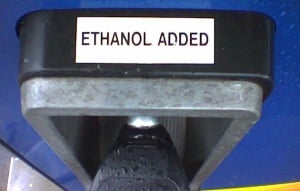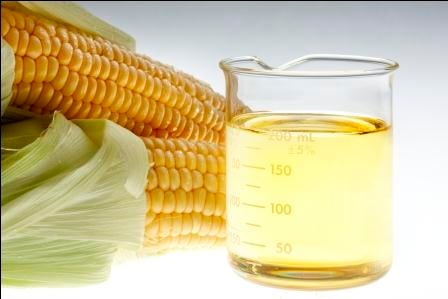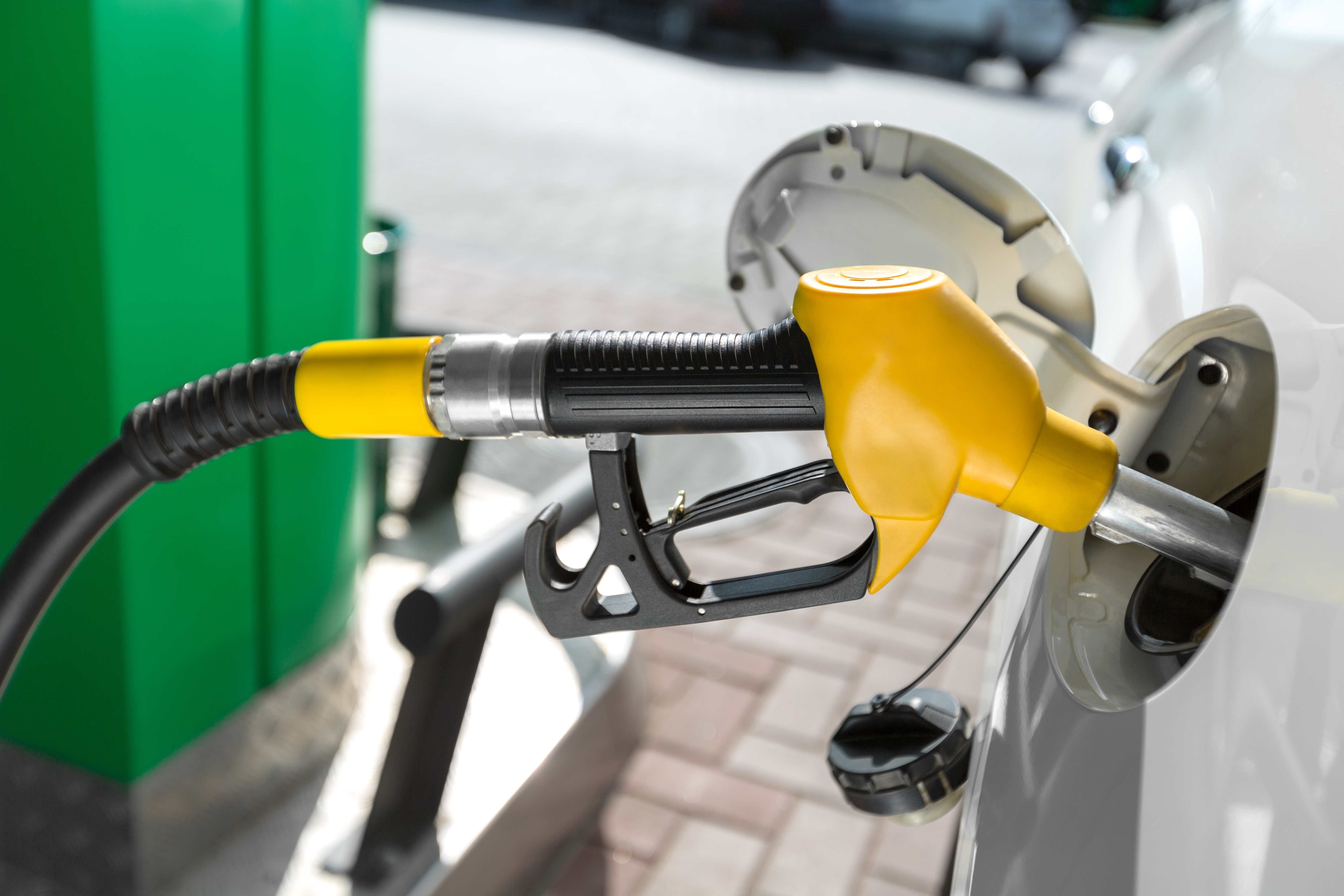Fuel Problems Most Classic Car Owners Face
Classic car owners love their vintage cars. Most owners know their engines inside and out - fuel tank, fuel line, carburetor, spark plugs, ignition.

We’re about ten years into the Ethanol Era in the United States. 2006-2007 saw perhaps the most substantial changes to our nation’s fuel supply in history. Ultra-low sulfur diesel became the law of the land and renewable fuels like biodiesel and ethanol became substantial additions to the fuel we use every day. Assisted by big tax breaks, of course.
 With ethanol in gasoline, there were substantial concerns about certain kinds of problems that both businesses and consumers feared would come along with the fuel. Now that a decade has passed, perhaps it is time to revisit those fears from the past and examine whether they’re still reasons for concern (or not).
With ethanol in gasoline, there were substantial concerns about certain kinds of problems that both businesses and consumers feared would come along with the fuel. Now that a decade has passed, perhaps it is time to revisit those fears from the past and examine whether they’re still reasons for concern (or not).
People care about gas mileage on a level perhaps out of proportion with other things. Probably because they see gas prices every day and they more-readily notice the changes. If they lose 5% on their gas mileage, they’ll think bad thoughts when, in reality, that 5% might only represent a few dollars a week or so.
Ethanol itself has less energy and less density than gasoline does, so with all other things being equal, you will get lower mileage on ethanol gasoline. But since there’s only 10-15% ethanol content in most gasolines (apart from the rogue stations that secretly blend in more, hoping nobody will test their fuel), your real loss of mileage is more likely on the scale of 2-3%. And since you’re not comparing it daily to gas mileage you might get from regular gas (b/c you can’t get regular gas any more), you’re probably not going to really notice it. But the drop is still there, for what it’s worth.
VERDICT: Still there, but not likely to be noticed
The rationale was (is) that ethanol attacks polymer materials like plastic and rubber, which could theoretically mean it could damage your car. And nobody wants that. In reality, this fear was overblown. All cars made in the last few decades are made with materials that are ethanol resistant. So you don’t have to worry about ethanol fuels damaging materials in cars made since, say, the early 1980s.
VERDICT: No more worries
Most gasolines you’re likely to find will be E10 or E15 (10-15% ethanol + 85-90% gasoline). But there are some places that sell E85 (85% ethanol/15% gasoline) intended for use only in flex-fuel vehicles. There are more flex-fuel vehicles on the road than in the past, but they’re still not a majority. If you happen to put E85 in your non-flex-fuel vehicle, you will likely notice some issues. The performance and mileage are going to drop, because the computer isn’t calibrated to account for the difference in the fuel. This difference is substantial enough that you really want to avoid doing this.
VERDICT: Watch out for this if you don’t have a flex-fuel car
Just as with cars, people were initially concerned about the damaging effects that ethanol would have on the rubber and plastic parts used in small equipment – lawn mowers, weed whackers, chain saws, etc. And, unfortunately, these fears have been proven to be true. Ethanol fuels still cause widespread damage to small engines and equipment. Repair shops still do a brisk business repairing small engine carburetor damage from corrosion and repairing busted fuel lines eaten through by ethanol blends. And ethanol fuels still cause catastrophic damage in 2-cycle engines where water absorbed by the ethanol fuel interferes with the fuel-borne lubrication. The day will come when the majority of these pieces of essential equipment resists ethanol blends as well as cars do. But we’re not to that point quite yet.
VERDICT: Still reason to be cautious
Photo Credit / Creative Commons / Image Cropped
Classic car owners love their vintage cars. Most owners know their engines inside and out - fuel tank, fuel line, carburetor, spark plugs, ignition.

Bell Performance's on-staff master mechanic James Dunst returns today to talk about what's different about flex fuel cars, why they can burn 85%...

With ethanol being an accepted part of our nation’s gasoline supply, consumer questions have largely migrated from ones centered on “how do I get...